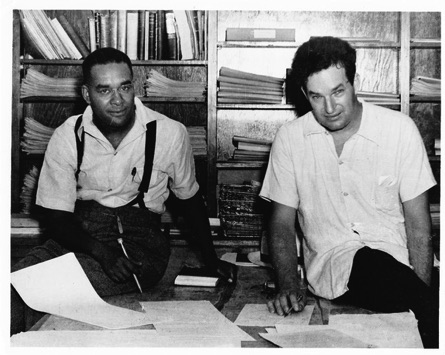How to Apply for a Grant
The Paul Green Foundation seeks grant proposals from 501 (c) 3 charitable organizations working on long- or short-term projects that reflect the life's work and values of playwright and social justice activist Paul Green. These values center on the arts, human rights, and racial equity. Projects may be programs, dramatic productions (which could include the promotion and preservation of Green's own work) or other literary or artistic projects that disseminate, promote or preserve Green's unique literary and human rights legacy. Please note that we generally approve smaller grants that help organizations leverage additional support for their projects.
Because Green's plays and stories typically expressed his social conscience, a proposal in which an art form illuminates an issue of human rights would be particularly appropriate. The number and diversity of populations served, as well as community impact, will be considered.
TO SUBMIT:
Deadline: Submit by email no later than October 1, 2025
Level of Support: Ranging from $500 - $2,500
Grant awards are announced by November for use in the next calendar year.
Proposals should include these initial materials:
1. One page cover letter on your organization's letterhead briefly stating the project title, description and grant amount requested. (This page does not count toward the page limit.)
2. Organization's tax exempt I.D. letter or that of an appropriate fiscal agent.
3. Using no more than six pages in 12 point text, please describe:
~ the project and how it fits our criteria,
~ the project timetable,
~ project budget (proposed expenses and sources of income), and;
~ a list of your organization's board and staff.
NOTE: If the grant is awarded, your organization will sign a memorandum of understanding regarding the terms of the grant, including the delivery of a simple report on the outcome of your project within the calendar year.
Please submit by email only to:
paulgreenfdn@gmail.com
Paul Green's rural roots informed his writing and his advocacy work. He wrote about the poor living conditions endured by sharecroppers. He advocated for equal educational resources for North Carolina Indians, and he was the first white playwright to expose the injustices of the Jim Crow South on the Broadway stage.


Richard Wright and Paul Green on the UNC Campus in 1941
